by Ricardo Martinez
UC Davis studying abroad in Brazil
For first-generation college students, life abroad can be quite shocking, beyond the fact studying abroad itself is an eye-opening experience. As students whose parents did not attend college, sometimes we know little to nothing about what studying abroad means. For example, when I arrived at UC Davis I didn’t know about studying abroad, much less that I could do it for a year with financial assistance readily available. Many other first-generation students find themselves in the same shoes.
Brazil is the biggest country in Latin America where Portuguese, not English or Spanish, is spoken. When I first arrived, I was ecstatic about living in a foreign country and learning a new language. I still am today because I keep meeting new folks and improving my language skills. Yet, I quickly learned that things were not going to be easy. I would need to adjust differently than some of my peers. In particular, from Europeans and Brazilian students who have traveled extensively for either personal or educational purposes.
If you are a student of color, some people, including peers from Europe and locals in Brazil, will question whether you are an American simply because you are not white. They associate whiteness with being American. Nonetheless, they will open their arms to you as a foreigner from the United States.
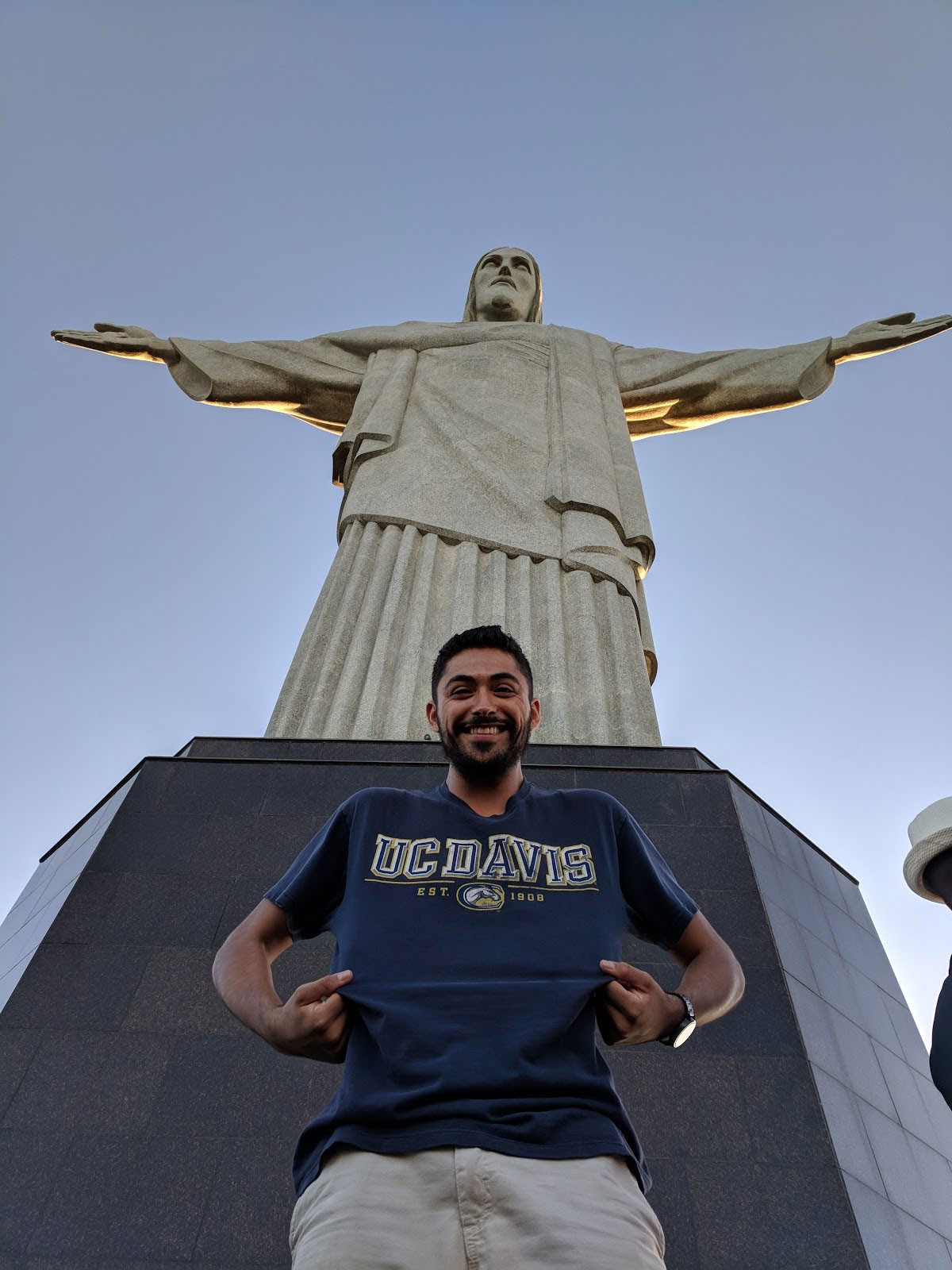
Embrace being a first-time learner
One of the first realities that arose was the extreme level of inequality that exists where I now lived and studied. Rio de Janeiro is a rich city and, at the Pontifical Catholic University of Rio de Janeiro, many students have traveled the world. On the other hand, the city is also filled with a diverse working-class of Brazilians with little to no education, enveloped in poverty, and whose day-to-day life mirrors that of working Americans in communities of color. Where do I fit in as a first-generation student whose neither wealthy nor impoverished?
The key for first-generation students is to accept the circumstance as we have done in the past at home, and not be boxed into a corner in a once-in-a-lifetime experience while at the same time making strategic decisions.
We have to take advantage of being in another country, not as wealthy or non-first-generation students, but as first-time learners willing to accept challenges as well as mistakes. In other words, embrace your first-generation self in a pool of peers who may have a lot more experience and financial support.

Create a budget plan
First and foremost, be financially responsible to make your time abroad unforgettable. If you are a financial aid recipient and receive a disbursement, divide it into four categories:
- Day-to-day-spending (e.g., groceries or transportation)
- Monthly payments, such as rent or cell phone bill
- Activities and nightlife
- Traveling
Keep the money you receive from family or friends in a separate savings category – this will be your savings, so whenever you need cash on hand you have it for emergencies. Once the money is set in each category, do not move it to another unless there is an emergency. Save all of this in a budget spreadsheet for the entire six months of stay, or a year. Be particularly cautious in spending with the sum you receive from UCEAP before the start of your program.
In any host country, rent will probably be the most expensive. In Brazil, rent ranges from $200–600. Be strategic and find a place around the minimum end of the range so you have a few hundred dollars extra for outings and traveling.

Say no if you can’t afford it
Food and weekly activities will become expensive as the semester progresses, so you should allocate your money wisely. Most importantly, learn how to say no to things you can’t afford, such as going out during the week. Many exchange students tend to go out more than three times a week; sometimes you have to tell friends that you can’t.
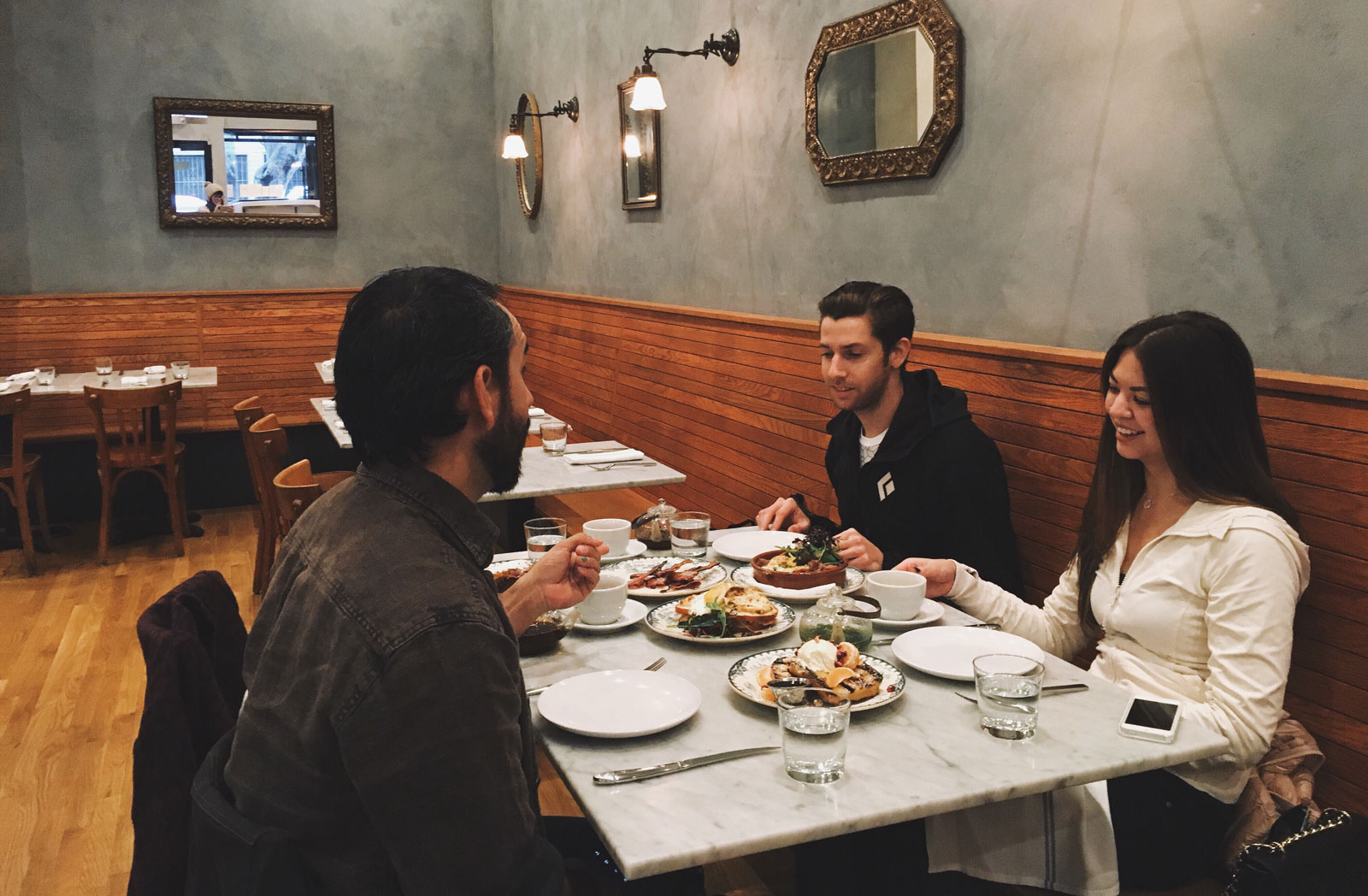
Consider who you live with
If you live with a host family, you might be comfortable practicing the language with them. But my recommendation is to get out of your comfort zone. If you are able, live with student locals or other exchange students from around the world. It may even be an option at a much cheaper price. This way, you will be able to build relationships and make connections with the people they know and their respective cultures.
Build your network
Use this time to build a family abroad and learn from other students. The differences between exchange students from across the world are wide. Building a network of friends abroad is one of the most important aspects of studying abroad. You will certainly make lifelong friendships with locals, but especially with international students as well.
TIPS:
- Work on building relationships, even if they are for a short period of time
- Seek out friends, especially local ones, to practice the language
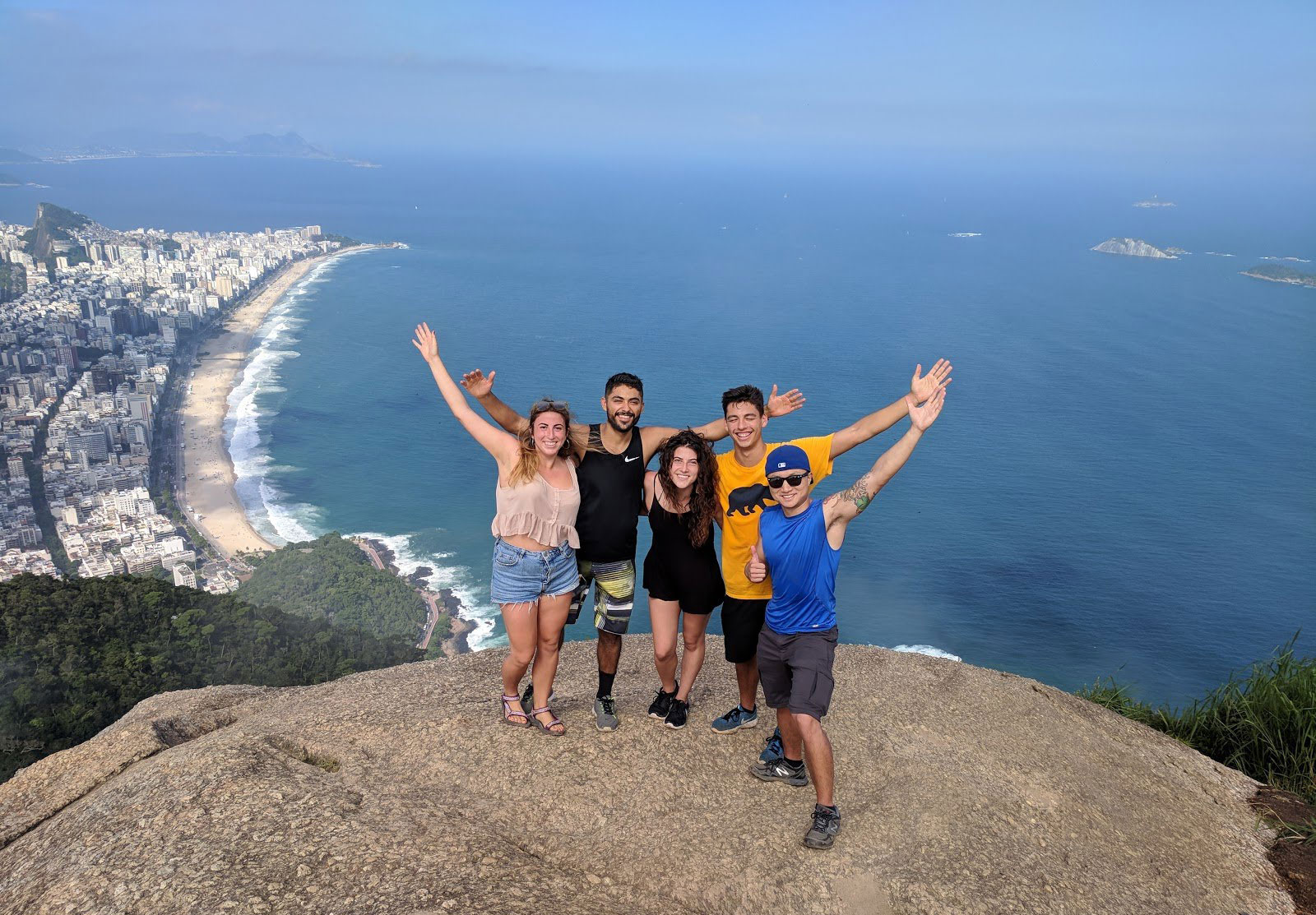
Learn new skills
If you are not in an English-speaking host country, expand your professional growth by enrolling in local courses, not just those taught in English. Apply for internship or volunteering positions to immerse yourself even more.
Internships in Brazil come with many opportunities to take the initiative. I did research on Chinese investments and its political and economic presence in Latin America. Over the course of my internship, I was able to work with other students from Brazil. Practicing the language, I was also able to present my readings in Portuguese.

Cope with homesickness
You will likely see family members visit students in the host country. Naturally, you (as I did) might feel irritated when you think about why your family cannot visit you – mine couldn’t because they simply could not afford it. But ultimately, I suggest you do some traveling yourself in the name of your family who probably never had the same opportunity you now have.

Staying in a hostel when you travel is a must. Aside from being affordable, it is also a place where you will make lifelong friendships with other people who are traveling the world.
Never say no to cheap travel
Lastly, whereas traveling before at home was limited (if not nonexistent), as it is for many first-generation students, you now may have the opportunity travel across your host country, or around the region, with friends, or solo. Studying abroad is one of those occasions where you may have more time and money compared to life back home. In Brazil, I visited Ouro Preto in Minas Gerais with some of my friends. The city is a historical colonial mining site where countless indigenous and Black slaves where exploited to death for the mining of gold that would then be sent to Europe. I also lodged in a hostel for savings and split food and whatever I could with my friends. Going out to eat local food is part of the experience, but do so with limits.
LAST TIP: Before traveling, make sure you plan out a schedule of where you are going and what you are going to do so that you can buy affordable plane tickets. This way, you’ll make the most of your time abroad with the least amount of money possible.
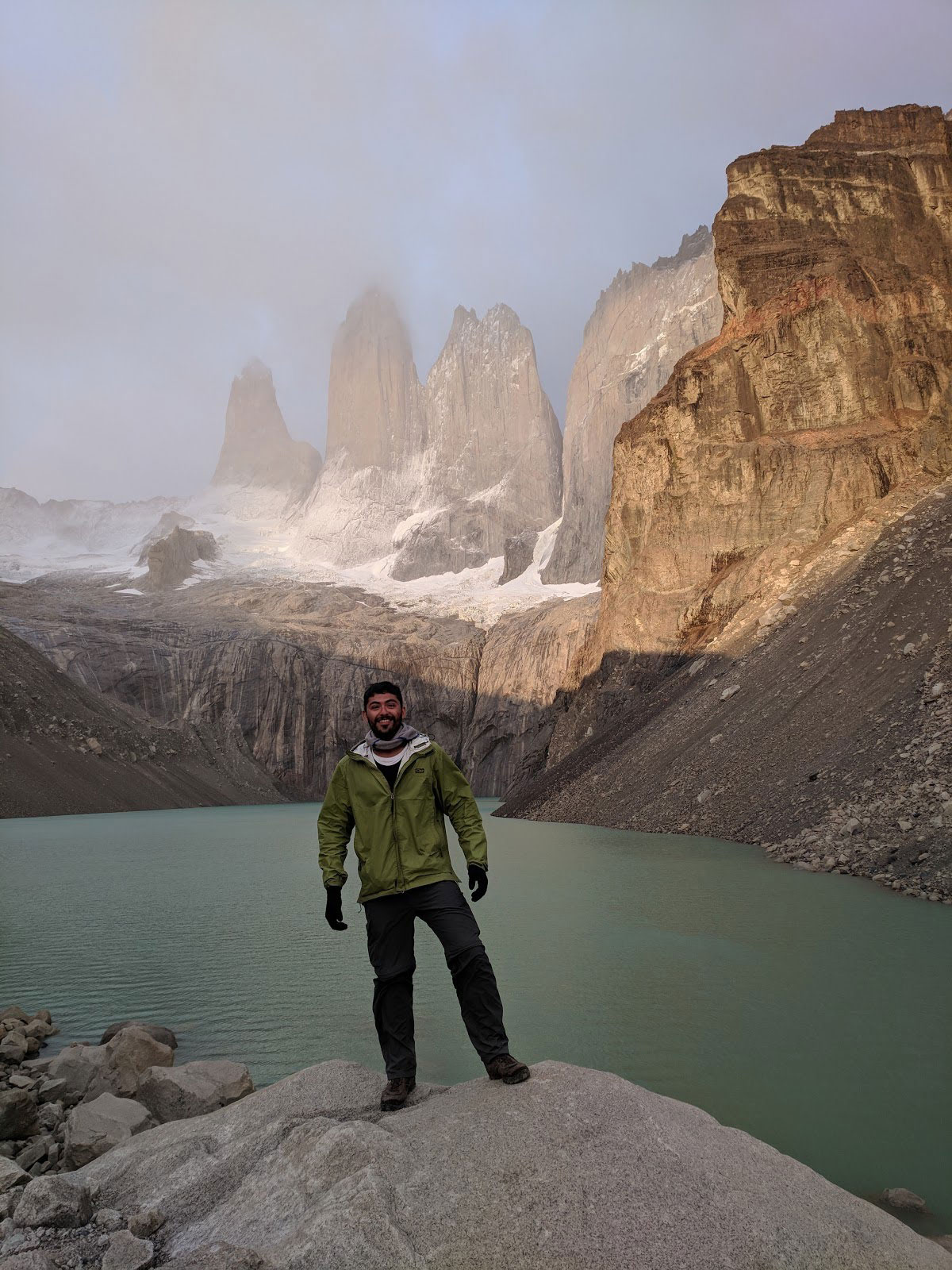

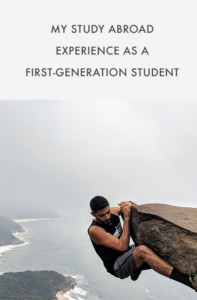

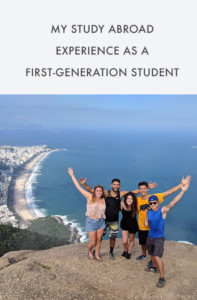
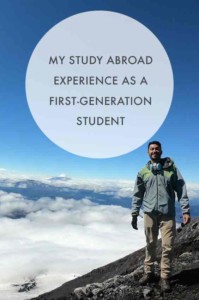


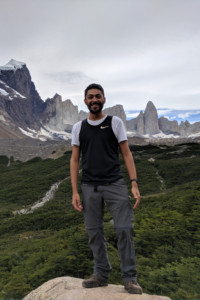

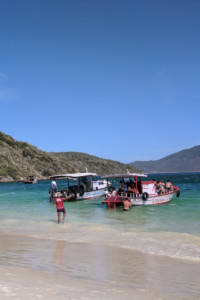
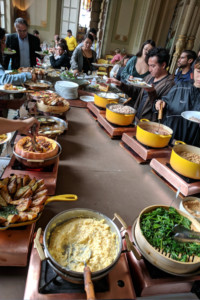
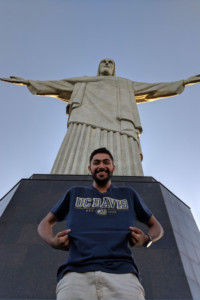



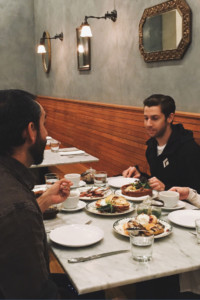


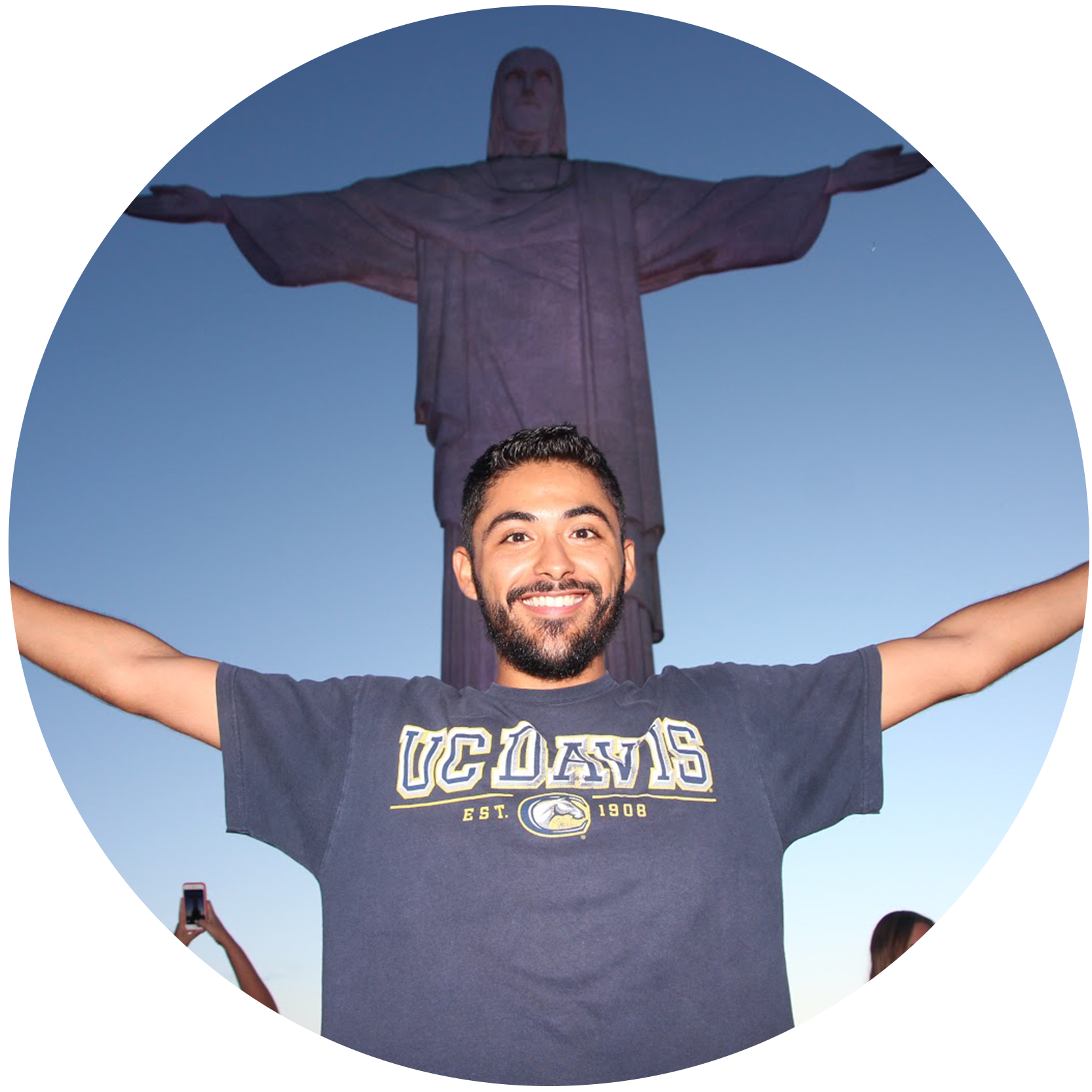

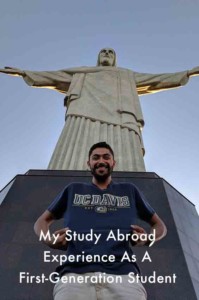
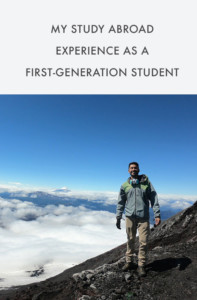


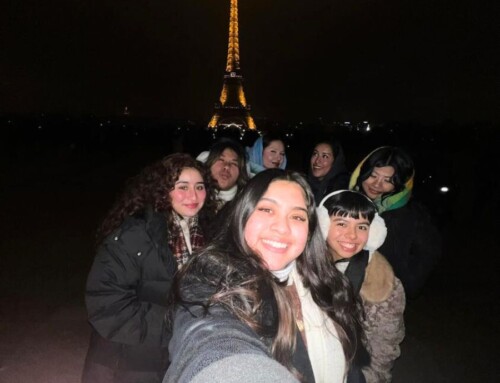
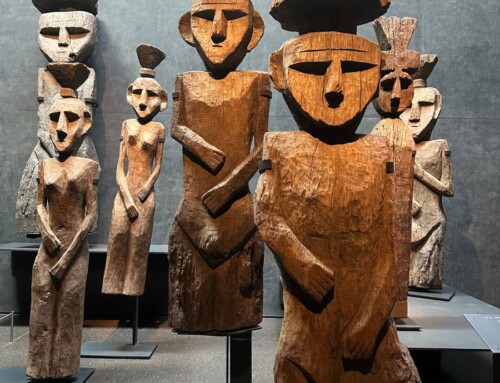
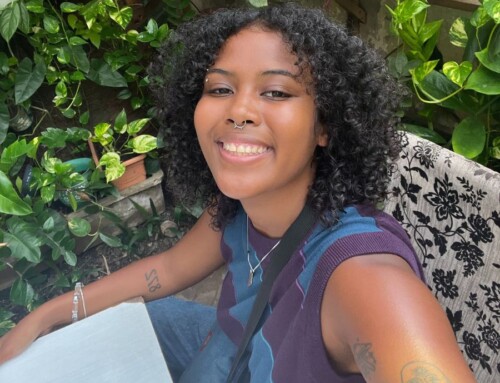
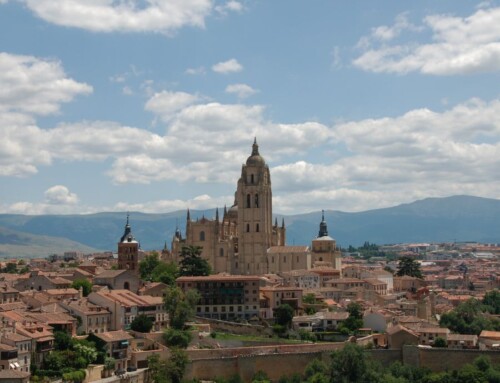
Leave A Comment